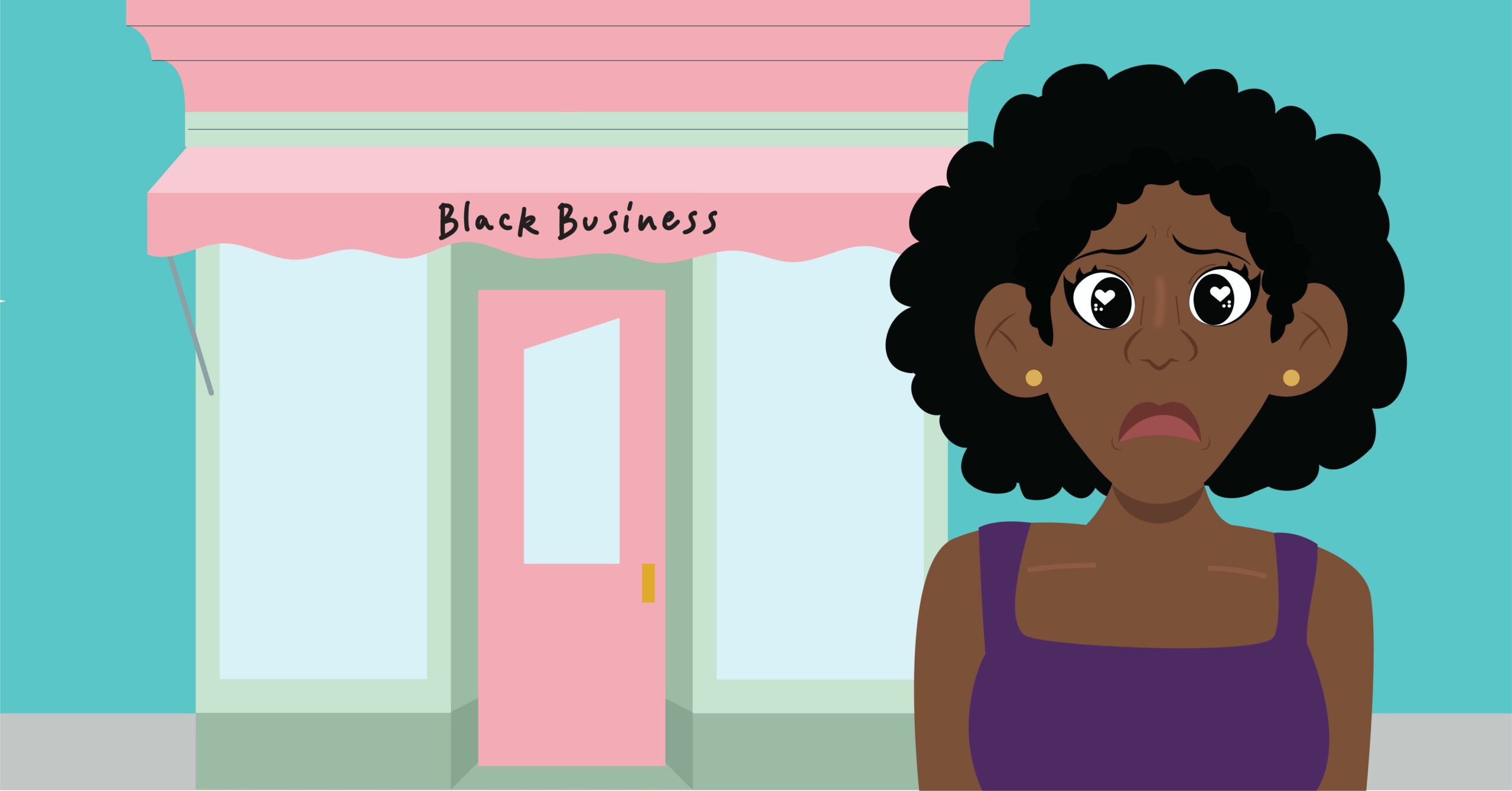Labels harm successful individuals within the Black community
The negative effects of labels such as “Black owned” on businesses.
Along with the rise of social media, many of us have found ourselves using labels in our everyday language. After all, once one makes their Instagram account public, they must decide if they are a “business,” “comedian,” “sex therapist,” or “waterpark,” amongst many other options, but whatever you chose to have in your biography introduces you to the world with a label.
We get to pick how we are labelled, so what’s the harm? Well, many new advocates believe it takes away from promoting equality and causes barriers for those who aim to achieve notoriety within the corporate world.
Inequality and injustice are two of the many negative factors that individuals within the Black community have been forced to face time and time again. These issues have been studied historically, and continue to be explored, hence the rise in protests to promote change—recently seen with the 2020 Black Lives Matter movement.
During the digital era, which further expanded during Covid-19, individuals quickly saw the increase in influencers and learned the power of voice. This allowed for the development of labels within cinemas, music, businesses, and more. Several activists have seen an increase in labelling businesses designed and started by Black individuals as “Black-owned businesses.” The debate has sparked a lot of attention towards these labels, and more importantly, whether they ultimately harm or benefit Black business owners.
There is a further belief that these labels cause harm simply because they take away from the business aspect of the company. They discuss the downfalls which these labels bring, as they tend to appeal more to a certain group of consumers as opposed to the general public. In addition, these labels may cause individuals to believe they must refrain from consuming a product as it does not suit their needs. This phenomenon is exemplified by the finding that certain shampoos may only be for certain hair types if it is promoted by a “Black business.”
Using the “Black-owned business” label for new business owners may also be responsible for pushing away consumers, as racism is unfortunately still a problem in our society. Labelling one’s company as a “Black business” might be responsible for a decrease in sales, as certain individuals may turn away from a business which publicly promotes their racial background within their title. This idea may be applied to cinema, clothing, food, or music, simply based on the inequalities present within society.
In addition to this, the label itself promotes inequality naturally, as the business is put at a disadvantage by being labelled as something different. This pushes society further back instead of forward by causing segregations within the corporate world. Furthermore, labels may form the view of this business being different because it can only appeal to the Black community, which is simply a false statement. Consumers from all ethnicities are welcome to purchase these products and further promote them to increase popularity, resulting in higher sales.
Another factor that should be explored due to these labels is the stereotypes which may come hand in hand with the idea of strictly “Black” organizations. Many individuals may shy away from supporting the business because they feel as if they are not represented and heard within the community This can be dissected in the regions of cinema as well, as individuals may not purchase tickets to a movie they feel as if they “cannot relate to it.” Just because one cannot relate to the subject proposed does not mean it should not be studied or brought into light. Topics that cause controversy or uncomfortable emotions tend to be repressed which results in individuals being uneducated.
When looking at the label of “Black businesses,” many can argue as to why they believe this is morally correct or incorrect. The conclusion is not necessarily if one believes in this action, but how society can come together to further educate tomorrow’s leaders regarding finding more support for the Black community.
It must be taught that supporting the Black community is not something which should only be done during Black History Month, but every day of the year. We must face the problem to begin fixing it. Being silent about injustice causes individuals to ignore the problem but, as Martin Luther King Jr said, “our lives begin to end the day we become silent about things that matter”.
Staff Writer (Volume 50) — Vanessa is a fourth-year student double majoring in Psychology and English with a minor in Education. When she’s not working or studying, she enjoys picking up a good novel and escaping into the world of reading or playing some of her favourite songs on her record player. She also loves writing. You can often find her journaling throughout her day.


